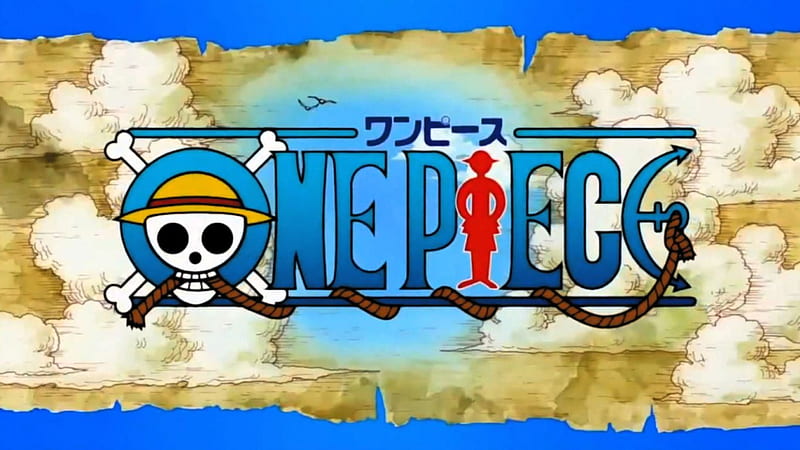One Piece is a Japanese manga and anime series that has captivated audiences worldwide since its inception in 1997. Created by Eiichiro Oda, the series has been ongoing for over two decades and has spawned numerous adaptations, including a successful anime series and films. But what makes One Piece so special? Why has it garnered such a devoted following among fans both in Japan and around the world?
Characters and World-Building
One Piece is well-known for its vibrant and diverse cast of characters, each with their own unique personalities, backstories, and abilities. The main protagonist, Monkey D. Luffy, is a cheerful and determined pirate captain who assembles a crew of similarly unique individuals, including a swordsman, a navigator, a cook, a doctor, a musician, and a sniper. Together, they set sail in search of the legendary treasure known as the One Piece, encountering a wide range of friends and foes along the way.
In addition to its well-crafted characters, One Piece also boasts a richly imagined world full of unique locations, cultures, and histories. The series' world-building is consistently impressive, with each new island and civilization offering new surprises and challenges for Luffy and his crew.
Themes
One Piece explores a wide range of themes that are both relevant and relatable to audiences around the world. Friendship is a key theme throughout the series, as Luffy and his crew prove time and time again that they will do anything for each other. The series also emphasizes the value of hard work and perseverance, as Luffy and his friends continually push themselves to become stronger and overcome their obstacles.
But One Piece is more than just a feel-good story about friendship and perseverance. The series also tackles weightier themes, such as the impact of colonialism on indigenous populations, government corruption, and the treatment of marginalized groups. Oda often weaves social commentary into the story, encouraging readers to think critically about the world around them.
Popularity and Influence
One Piece is undeniably popular in Japan, where it has consistently been one of the top-selling manga series for over two decades. But the series' popularity isn't limited to Japan - One Piece has also amassed a massive following around the world, with fans from every corner of the globe.
The series' influence extends beyond its own fandom, too. One Piece has inspired numerous cosplay costumes, fan art, and fan fiction, as well as video games, merchandise, and even theme park attractions. The series has also influenced other creators in the anime and manga industry, with many citing One Piece as a source of inspiration.
Longevity and Consistency
Perhaps one of the most impressive things about One Piece is its longevity. The series has been ongoing for over two decades, with no end in sight. Despite its lengthy run, One Piece has maintained a high level of consistency in terms of its quality and storytelling. Oda's commitment to his craft is evident in every chapter and episode of the series, and his meticulous attention to detail has earned him a legion of devoted fans.
Differences from other Shonen Series
One Piece stands out from other Shonen series in a number of ways. While many Shonen series feature a protagonist who gains incredible power through training or special abilities, One Piece emphasizes teamwork and strategy over raw power. Luffy and his crew members are all talented in their own right, but they rely on each other to overcome their challenges.
In addition, One Piece also stands out for its strong female characters. While many Shonen series relegate female characters to supporting roles or fanservice, One Piece features several female characters who are just as strong and capable as their male counterparts.
Conclusion
One Piece is a cultural phenomenon








